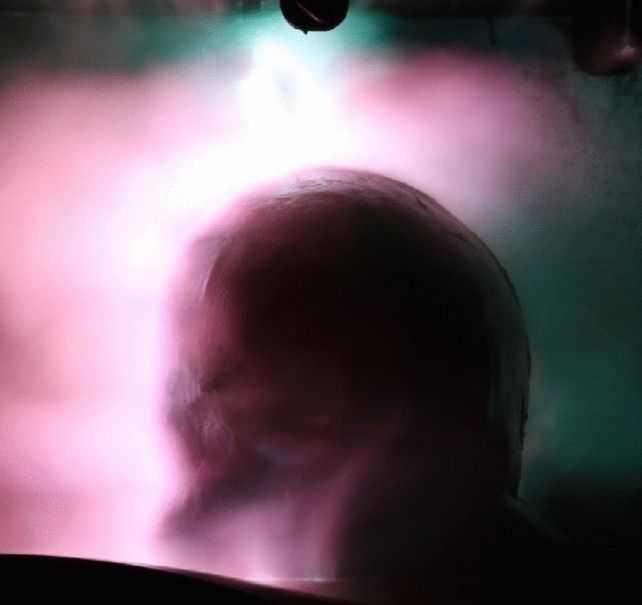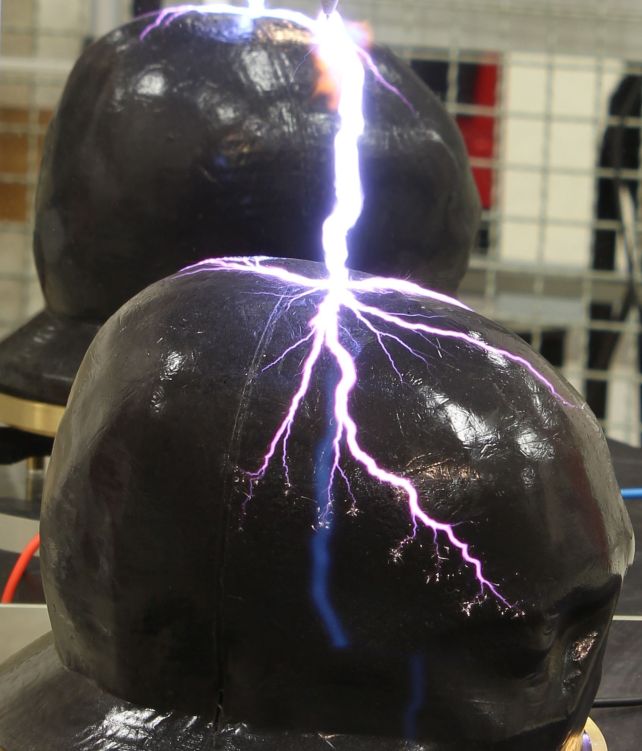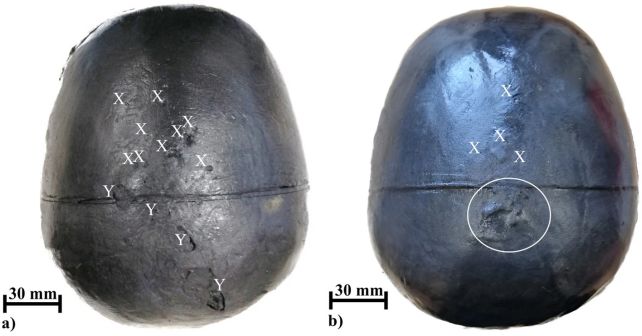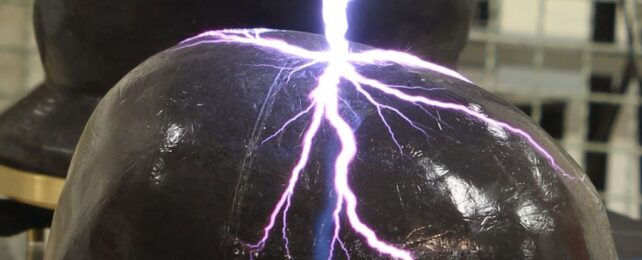We have good news for those of you who have an unholy terror of getting struck by lightning: dousing your head in rainwater may increase your chance of survival by up to 90 percent.
That's the conclusion arrived at by a team of scientists who built fake human heads, zapped them with powerful bolts of electricity, and measured the results. The fake heads that had been soaked in water featured significantly less damage and lower internal exposure to electrical current.
The results suggest that getting yourself good and soggy just might greatly improve your odds in a lightning storm – although your best bet is not to be out in one at all, of course.
"Our experiments on human head phantoms," writes a team led by engineer René Machts of Ilmenau University of Technology in Germany, "provide practical evidence for the theoretically postulated effect that rain-wet skin might have better lightning strike protective behavior than dry skin."

Lightning strikes are not a phenomenon to trifle with. They can deliver currents in excess of 200 kiloamperes – far, far higher than the power required to kill a human.
But more than one study has suggested that water may reduce the effect. Theoretical analysis suggests that wet skin could reduce current exposure to the body, while another study found that wet animals survived lightning strikes more frequently than dry ones.
However, experimental studies have not examined the variable of wet human skin. Machts and his colleagues sought to address this gap in our understanding of the effects of lightning; specifically, how surface moisture might change the way lightning travels across a bare human head.
They built two fake human heads designed to mimic the electrical conductivity properties of real human noggins. Modeled on CT scan data, each consisted of a scalp, skull, and tissue volume inside the skull. The construction materials were carefully chosen to have properties similar to human tissue: sodium chloride, water, graphite, and agarose.

Next, the phantom heads were placed on electrode arrays. The team kept one head dry, sprayed the other with artificial rainwater, and blasted them both with the maximum current available on their pulse generator of 42 kiloamperes (most cloud-to-ground lightning strikes have a current of around 30 kiloamperes).
The results were – pun absolutely intended – striking.
The wet head had fewer, and less severe, 'injuries' than the dry one; that is, regions that were damaged by the electricity to which they had been subjected.
But that's not all.
The electrode array also measured the currents running through and over the surface of the two heads. Now, when lightning strikes a person, that person can experience something called a surface flashover. The surface flashover is a discharge path on the surface of the skin caused by a high voltage difference between the entry point and exit point of the current across the body. Most of the lightning current travels along the flashover, and very little enters the body.

The team's results showed that a fully formed flashover happens whether the head is wet or dry. However, for the wet head, significantly less current entered the head; specifically, the energy that entered the brain cavity was 32.5 percent lower for the wet head than the dry one.
This reduced current exposure to the brain, combined with lesser physical injuries, could greatly enhance a wet person's odds of survival, by up to 70 to 90 percent, the researchers said.
The best chance you have of surviving is not to be struck by lightning at all – but if you do find yourself caught out in a storm, with no shelter available, you could do a lot worse than drenching yourself in the rain, the research suggests.
The team's findings have been published in Scientific Reports.
